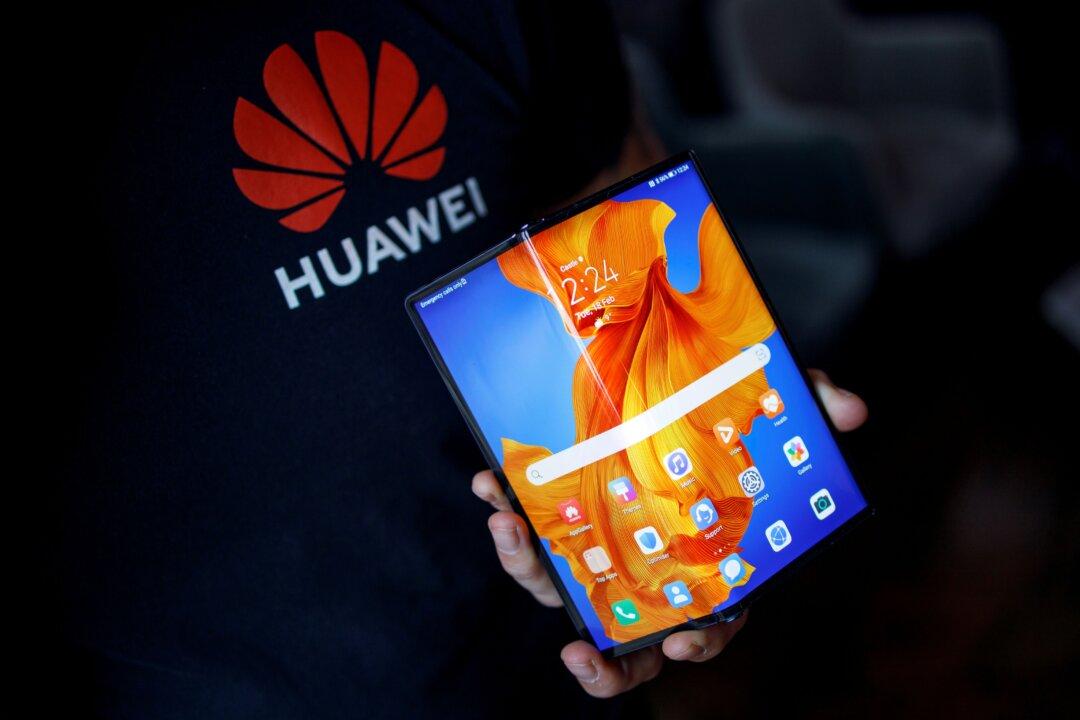A bipartisan group of U.S. lawmakers, led by Senate Minority Leader Chuck Schumer (D-N.Y.) and Sen. Ben Sasse (R-Neb.), is urging the UK Parliament to reconsider its decision to allow China’s Huawei a role in British 5G telecommunications networks amid a slew of security concerns.
Nearly two dozen lawmakers called on the United Kingdom to work closely with the United States and to take steps to mitigate the risks posed by Huawei, including that the regime in Beijing requires its companies to share its information with the Chinese Communist Party’s intelligence sector.





